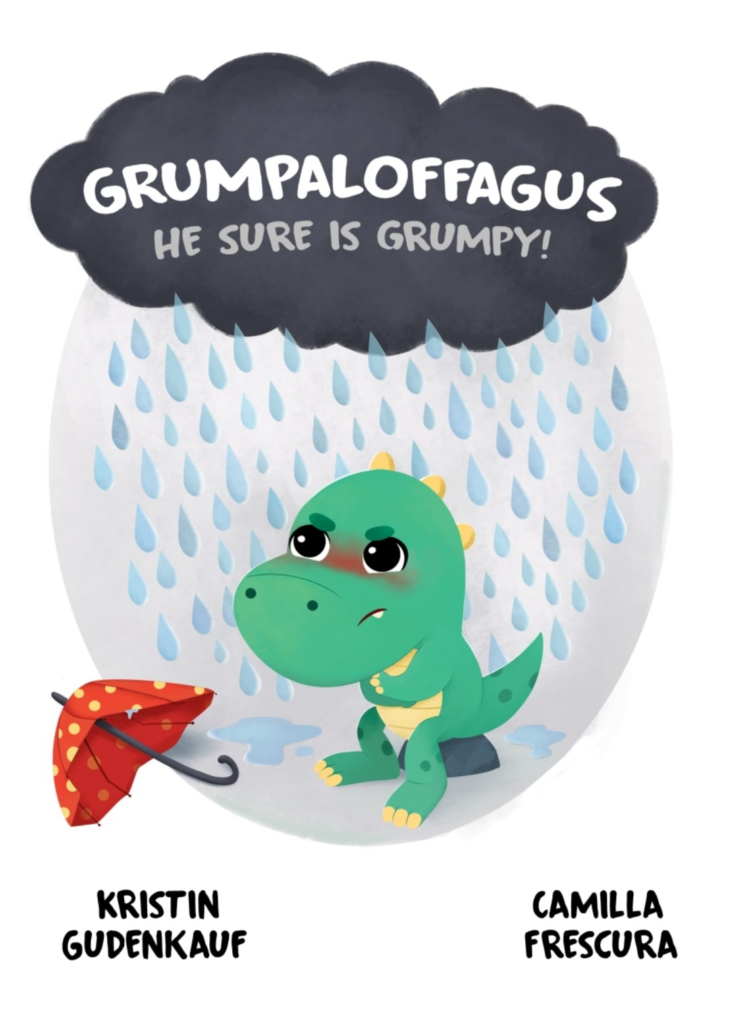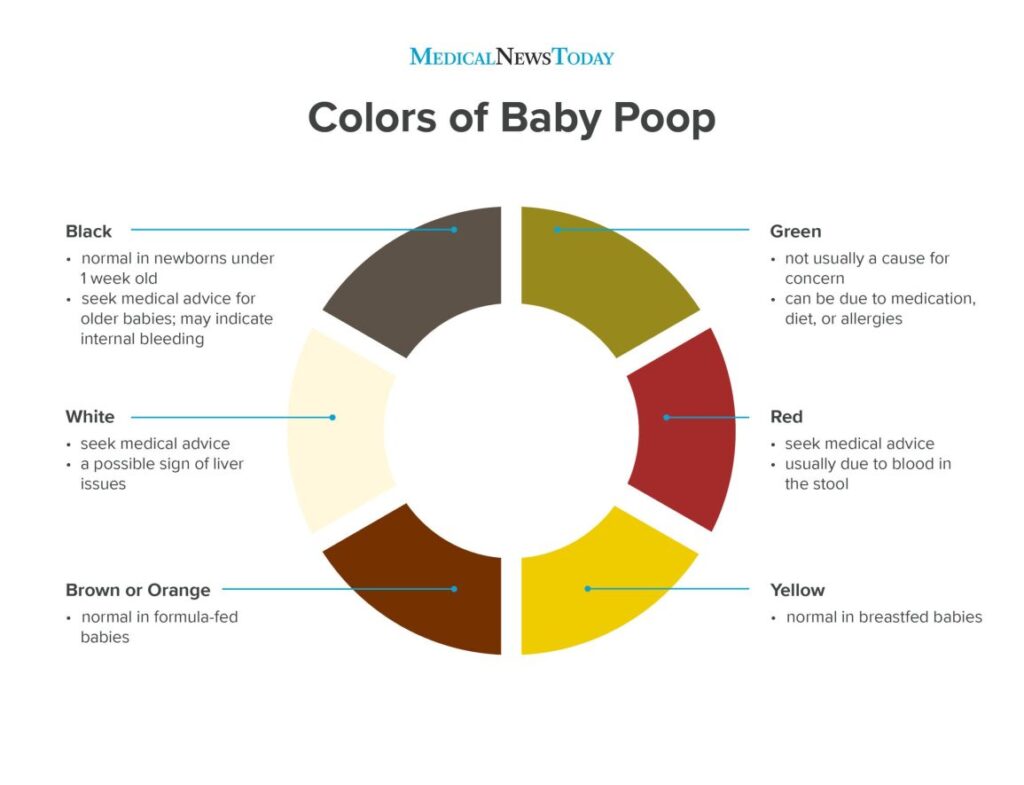If 2020 taught me anything it was to expect and embrace detours. The dictionary definition of a detour is “a long or roundabout route that is taken to avoid something or to visit somewhere along the way.” 2020 was one long detour after another. It is over and a new year has begun, so I will not perseverate about it nor let it ruin 2021.
As my husband and I went on our first walk of 2021, we decided to take our black lab with us. Like most dogs, she is queen of “sniffing detours”. At first I wasn’t excited about bringing her. I just wanted to pound some pavement, enjoy the beautiful weather, listen to the bird’s chirp, get my heart rate up and get home to my next task. Our lab is typically great off leash so as we walked through the desert, she had free reign to sniff and explore. As we approached our 2-mile point, she started to pant harder, slow down and get tired. I sensed a detour was coming, even though it was not part of my plan.
Fight it or embrace it
We made a slight detour to the park to let her rest for a few moments in the cool shade. I am so glad we did. The park was full of people enjoying the weather. Kids were riding bikes and families were having picnics. Music could be heard playing and remote controlled cars were being driven around. We watched as the cutest little boy, followed by his dad, rode a motorized John Deer tractor with a safety vest on and observed the prettiest bright orange Oriole just sitting in the middle of the grass taking it all in. I felt myself relax and stopped fighting the urge to get back to walking.
This detour was just what I needed to slow down and appreciate the newness of the year. The sky was an incredible blue shade with barely a cloud in sight, the mountains majestic as the light bounced off them, the laughter palpable and yet a stillness was present. As I was taking it all in, I began to think about detours in life, work, health and parenting. I can choose to fight the detours and allow them to make me feel angry, overwhelmed, sad and inconvenienced or I can choose to embrace them for what they are, “a long or roundabout route.” A new opportunity to learn or just stop and smell the roses.
Parenting detours
2020 caused a lot of “life” detours to happen. The pandemic affected my business. My husband moved his office into our 4th bedroom. We had to make a flying trip to pack up my oldest daughters dorm room and move her home. My youngest missed some rights of passage and moved to full time online school. My nice quiet home turned into a loud, blustery, beautiful detour.
A little flexibility was all I needed to figure out how I could still be helpful to new parents virtually. I also took the time to educate myself on certain topics that I want to expand my knowledge in. My immediate family stayed healthy and safe but that was not the case for many friend’s families. Several families grieved the loss of loved ones, struggled to home school, lost jobs and grappled with isolation and feelings of loneliness.
Parenting during this pandemic has been full of detours as well. Parents have had to do more alone. Attend appointments without their partners. No baby showers or large gatherings. Quaranting at home alone prior to delivery. Postpone seeing loved ones and sharing the new baby with family and friends.
Other detours I witnessed were when: a baby arrives early and has to stay in the NICU. The planned homebirth that has to transfer to the hospital. Having to get the epidural to allow your body to rest after 36 hours of intense labor, then needing a c-section. A baby losing weight, not latching and has a high bilirubin so formula is suggested. Finally getting a 5-6 hour stretch of much needed sleep throughout the night, only for a baby to get sick and wake up hourly. Parents having to go back to work sooner than planned because of financial struggle.
Detours are inevitable in life. The sooner we can learn to embrace them, the sooner we can learn that detours don’t have to alter our destination. They just change the path we take to get there. Having a baby is a BIG LIFE CHANGING event. Expect detours, embrace them and if you get stuck call me, I will help. For more information or to start planning and preparing for your 4th trimester, check out www.yourfamilysjourney.com



